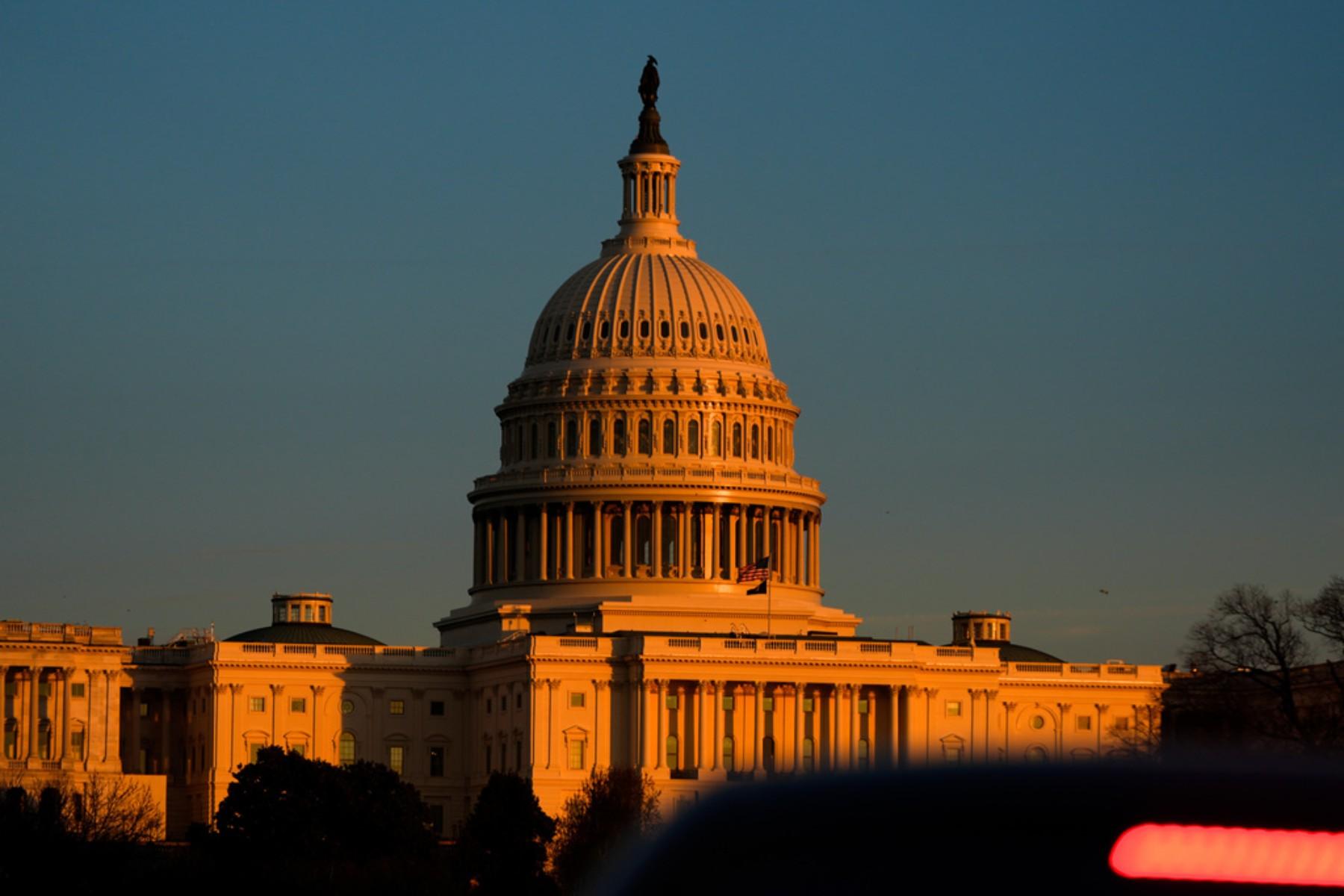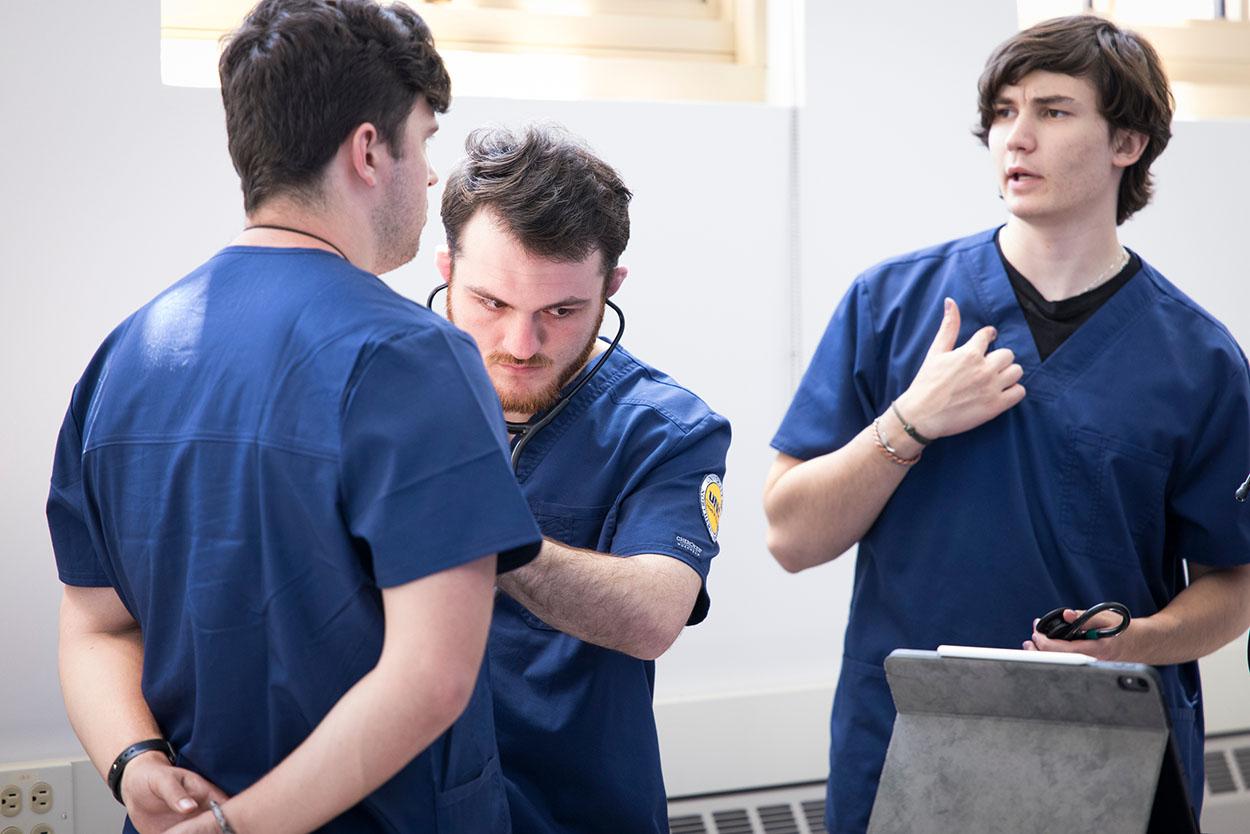

In October 2016, a delegation from Denver took off for Dubai to pursue “important business and tourism connections.”
Mayor Michael Hancock, a top deputy, and two city council members flew business class on Emirates Airline. They stayed at The Palace Downtown hotel for a week. Total cost of the trip, including incidentals, paid for by Denver International Airport: $16,502 a person.
Top city officials argued to the Denver Board of Ethics in late 2017 that they shouldn’t have to report this kind of travel — hundreds of thousands of dollars’ worth, especially when business class upgrades are involved — because the city is the city, and the city can’t donate to, or influence itself.
The Board of Ethics wasn’t buying it, and appears to have put serious handcuffs on this kind of travel. The spat highlights the existence of an interesting practice. There are two sets of rules for city travel; rules that are determined by the source of funds that pay for the travel.
City rules call for flying coach, but in certain cases Mayor Michael Hancock, his staff and the city council flew business class on trips organized by the airport.
CPR News requested travel receipts through the state’s open records law to get a sense of the scope of travel. From 2013 to 2017, the airport has provided $426,436 in travel to the mayor’s office and city council, mostly business class overseas flights.
Councilman Rafael Espinoza expressed surprise at the number of trips when asked if he had been offered any business class flights.
“Since in office? Exactly zero. Zero business, and, not to sound like sour grapes, but zero coach as well,” he said. “I’ll just be honest.”
Espinoza said it might be because of his criticism of Mayor Michael Hancock and airport management. The airport has sole discretion who takes trips, and the airport CEO, Kim Day, is appointed by the mayor.
Advertising for flying business class makes it clear that airlines consider it a luxury: wonderful cuisine and seats that become beds. Of course, this comes at a price, often 10 times a coach ticket, but for Denver city leaders it’s a valuable fringe benefit.
Councilman Kevin Flynn took a flight on Denver International Airport’s dime in 2017, with the airport shelling out $10,058 for a series of flights, the bulk of which were business class. Flynn emphasized that for “any business, and in any city, it’s necessary to travel.” In this case, he went to Amsterdam and London, touring security systems.
“Getting up at five in the morning each day, and constantly booked from end-to-end,” he said. “It was anything but a pleasure trip, it was a business trip.”
Five other city council members took the same trip, organized and paid for by the airport. The travel came ahead of a series of city council votes to approve billions of dollars in airport construction contracts. Flynn maintained that roomy business class seats didn’t sway votes.
Others aren’t so sure. Luis Toro, the former director of Colorado Ethics Watch, mused that he’d “be grateful if someone gave that to me.”
“Is that sense of gratitude going to compromise your independence?” Toro asked. “Now, in an ideal world, the council members and the mayor and whoever else would be able to set that aside and govern the airport without any favoritism but the point of an ethics rule is to make sure that there is no temptation.”
Toro agreed with a November Denver Board of Ethics opinion that found the airport and other city agencies can influence the city council and the mayor’s office. Those officials have oversight of agencies’ budgets and large contracts, so donations from those agencies cannot exceed $300 dollars in a year. The city policy is designed to avoid the appearance of impropriety.
It’s the mayor’s office that gets the most business class flights from DIA. Hancock alone took eight trips for a total cost of $77,104 from 2013 to 2017. And it was his city attorney who unsuccessfully attempted to reverse the Board of Ethics opinion that gifts and donations within the city should be subject to the $300 annual restriction.
Hancock wasn’t made available for an interview, but in a written response to questions the mayor’s office said these trips are not gifts, they’re important airport business.
“Since 2011, efforts by Mayor Hancock’s administration has resulted in the addition of 11 new airlines, 13 new international destinations and 28 new domestic destinations,” wrote Amber Miller, a spokeswoman for the mayor. “We’ve increased the number of nonstop seats flying to international destinations by more than 50 percent since the Mayor took office.”
As an example though, not every trip is for city or airport business.
Records indicate that in 2013 the airport paid for a trip for Hancock to fly to New York City. According to the trip agenda, the mayor toured LaGuardia Airport Terminal D for 20 minutes, had lunch in the terminal, before heading to a VIP tour of the World Trade Center Memorial. The mayor’s evening was spent at a fundraiser for his re-election campaign. The trip lasted three days and the only organized activities on the agenda were the Thursday the mayor arrived in New York.
“Under city and airport travel rules, a city officer or employee may combine personal business while on travel for city business,” wrote spokeswoman Miller. “The traveler is responsible for excluding all expenses of personal nature which, based on our initial research, was done in this case.”
It’s not necessarily the purpose of the trips that raises questions, but the means. Especially when it comes to the overseas flights. Councilman Espinoza said elected officials don’t need luxury accommodations.
“This is not a hard life,” he said, noting that most people don’t fly this way, so it’s also not a good way to gauge the typical passenger experience. Still, for him, flying coach is not that big a burden and in that case business class “becomes a perk.”
“Sitting down in a plane is also not a hard life.”
Officials at Denver International Airport contend long overseas work trips can be challenging. That’s why the airport has its own set of rules allowing employees to upgrade to business class. Stacey Stegman, an airport spokesperson, said that applies to Denver elected officials too.
“When they travel with us, they’re traveling for airport business,” Stegman said. “And we want them to be fresh and be in the same place as us.”
Having elected officials along for the ride is important, Stegman said. The airport is the state’s largest economic driver, and promoting it in far off destinations like Dubai, Panama City, and Tokyo is critical.
She also noted that the airport is not a typical city agency, it’s an enterprise, existing in an accounting sense outside of the city budget. It’s not funded by taxpayer dollars, so Stegman contended the airport can write more generous travel rules than what would be allowed for other city agencies or city employees.
“I think the other difference in it is, that these trips are all justified,” Stegman added. “They’re all done for airport business purposes and we’re very upfront about that. It’s not anything new. It’s been in policy for many, many years.”
To be exact the policy has existed since at least 2010. What’s new is there hasn’t been scrutiny of whether it’s ethically appropriate for a city agency with extraordinary resources to have sole discretion on which city officials get expensive trips. The Denver Board of Ethics opinion appears to indicate it isn’t, Espinoza said.
“Had anybody bothered to ask this question, the rules would have been changed around it or it never would have occurred,” he said.
Despite the Board of Ethics opinion, the mayor and other elected officials just took an business class airport-paid trip to Paris in April. The Board of Ethics said it can’t say if that was unethical unless someone files a complaint.
In the meantime, Councilman Kevin Flynn plans to propose an amendment to the city’s ethics code to explicitly allow the trips. His proposal will also require that travel is reported on public disclosure forms.









